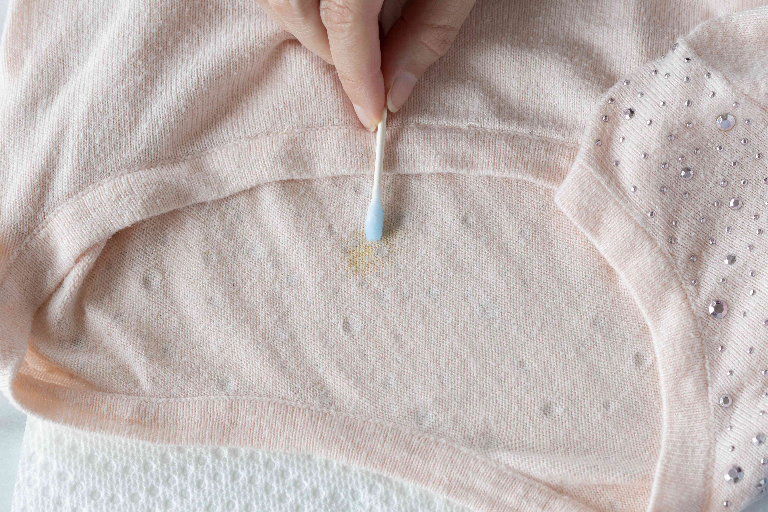S FABRIC SOFTENER HARMFUL TO YOUR CLOTHES?
CAN material chemicals harm CLOTHES?
There is no straight answer to the present question, notably as a result of completely different material varieties reacting otherwise to material softeners. for example, whereas material chemicals may match simply fine with cotton or the other natural fibers, it's going to not be a constant case for artificial fibers.
THE EFFECTS of cloth chemicals ON differing types OF MATERIALS
If you wish to clean your everyday vesture, then victimization material chemicals on them could be a smart plan. this is often a result of most everyday garments ar products of natural fibers like cotton, that respond well to material softeners. However, if a number of your garments, like your physical exertion garments, are made up of man-made fiber, you ought to avoid victimization material chemicals on them. the most reason for this is often that man-made fiber contains a moisture-wicking property, which means it's porous to permit sweat and wet to flee from your skin and leave you cool and dry. By victimization material chemicals on such garments, the layer fashioned can block pores and promote wet retention, one thing that won’t be smart for garb.
WHAT ELSE am I able to USE to melt FABRIC?
Considering the downsides of cloth chemicals, some folks, as well as millennials, are turning away from them. the great news is that various laundry tips may facilitate softening garments. They include:
Baking Soda: Add a cup of sodium bicarbonate to your laundry and let it combine well with water and also the garments. Avoid admixture sodium bicarbonate with vinegar as an enormous explosion could result.
White Vinegar: Add a containerful of white vinegar to your wash and blend totally. whereas this won’t stop your material from collecting lint, it'll, sure enough, build it soft.
Aluminum Foil: putting a ball of folded tin foil within the drier can facilitate stopping lint assortment by destroying the static forces on the garments.
IS material chemical REMOVABLE?


